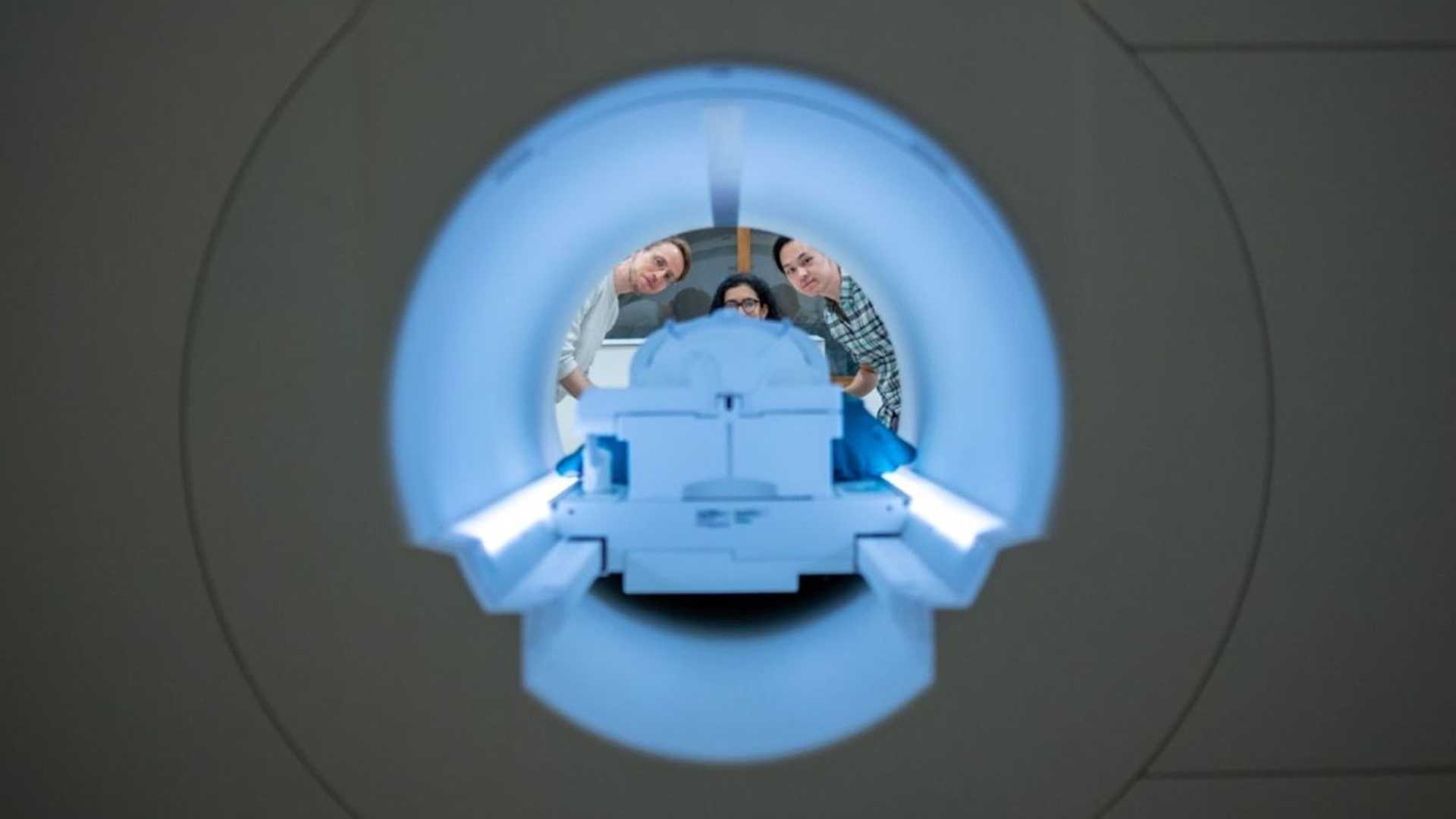Scientists Use GPT AI to Passively Read People's Thoughts in Non-Invasive Manner
Scientists have invented a language decoder that can translate a person’s thoughts into text using an artificial intelligence (AI) transformer similar to ChatGPT, according to a new study. This breakthrough invention marks the first time ever that continuous language has been non-invasively reconstructed from human brain activities, which are read through a functional magnetic resonance imaging (fMRI) machine.
The team that made this decoder hopes it might one day help people with neurological conditions that affect speech to communicate with the outside world clearly. However, researchers warned that brain-reading platforms could eventually have nefarious applications, including as a means of surveillance for governments and employers. Though the researchers emphasized that their decoder requires the cooperation of human subjects to work, they argued that “brain-computer interfaces should respect mental privacy,” according to a study published on Monday in Nature Neuroscience.
Decoder Development
The decoder was able to interpret the essence of the story that human subjects watched or listened to using fMRI brain patterns. While this technology is still in its early stages, the achievement of non-invasive reading of thoughts is a game-changer that will undoubtedly lead to more studies.
“Currently, language-decoding is done using implanted devices that require neurosurgery, and our study is the first to decode continuous language, meaning more than full words or sentences, from non-invasive brain recordings, which we collect using functional MRI,” said Jerry Tang, a graduate student in computer science at the University of Texas at Austin who led the study.
Tang and his colleagues were able to produce their decoder with the help of three human participants who each spent 16 hours in an fMRI machine listening to stories. The researchers trained an AI model referred to as GPT-1 in the study on Reddit comments and autobiographical stories in order to link the semantic features of the recorded stories with the neural activity captured in the fMRI data. This way, it could learn which words and phrases were associated with certain brain patterns.
Impact and Concerns
The novel approach allowed the team to push the limits of mind-reading technologies by seeing if the decoder could translate the thoughts of the participants as they watched silent movies or just imagined stories in their heads. In both cases, the decoder was able to decipher what the participants were visualizing, in the case of the movies, and what subjects were thinking as they played out brief stories in their imaginations.
While the researchers hinted at the promise of this technology as a new means of communication, they also cautioned that decoders raise ethical concerns about mental privacy. “For these and other unforeseen reasons, it is critical to raise awareness of the risks of brain decoding technology and enact policies that protect each person’s mental privacy,” the researchers concluded.
The participants in the study ran through all these tests while inside an fMRI machine, which is a clunky and immobile piece of laboratory equipment. For this reason, the decoder is not yet ready as a practical treatment for patients with speech conditions, though Tang and his colleagues hope that future iterations of the device could be adapted to more convenient platforms such as near-infrared spectroscopy (fNIRS) sensors that can be worn on a patient’s head.




















